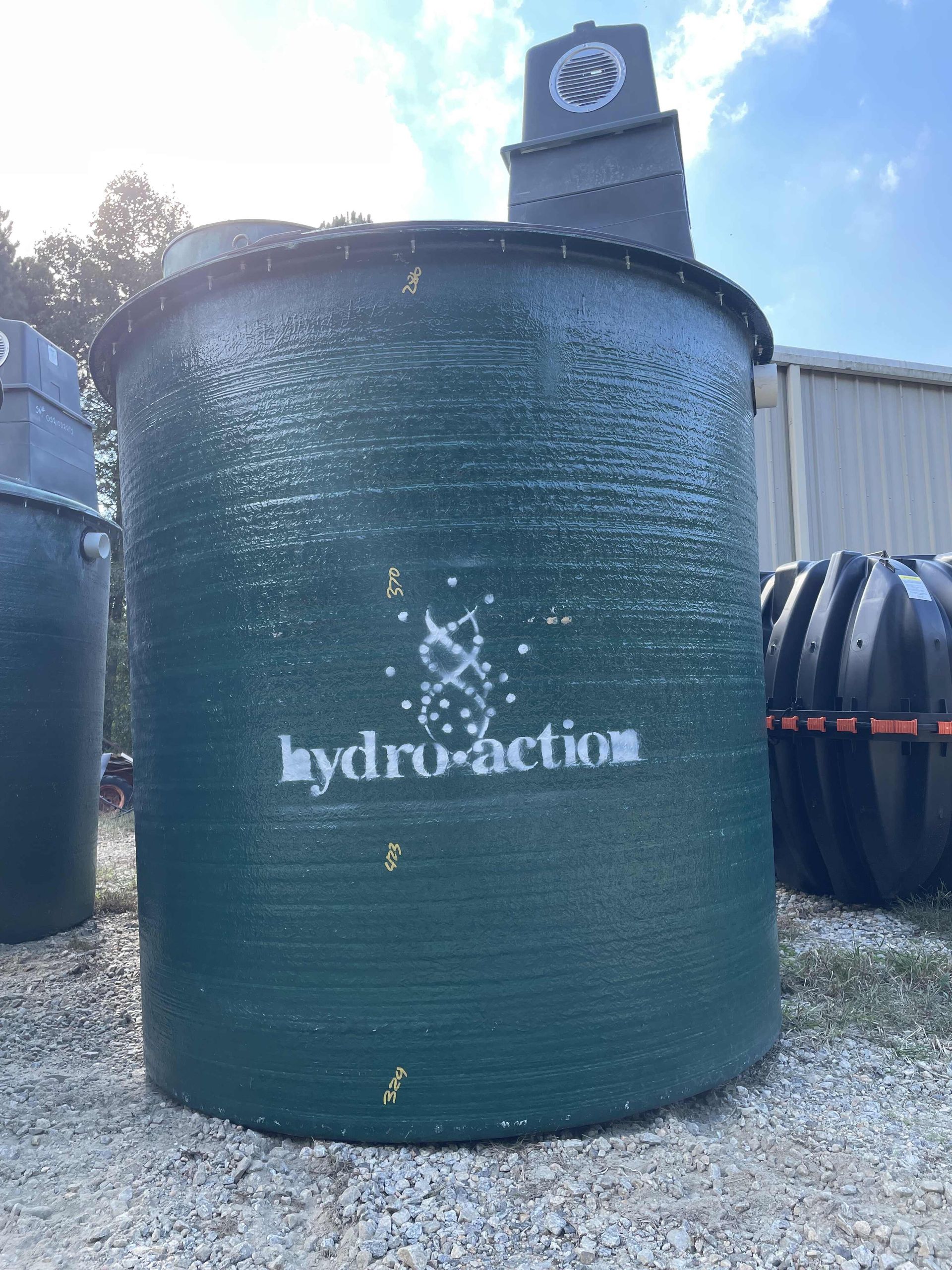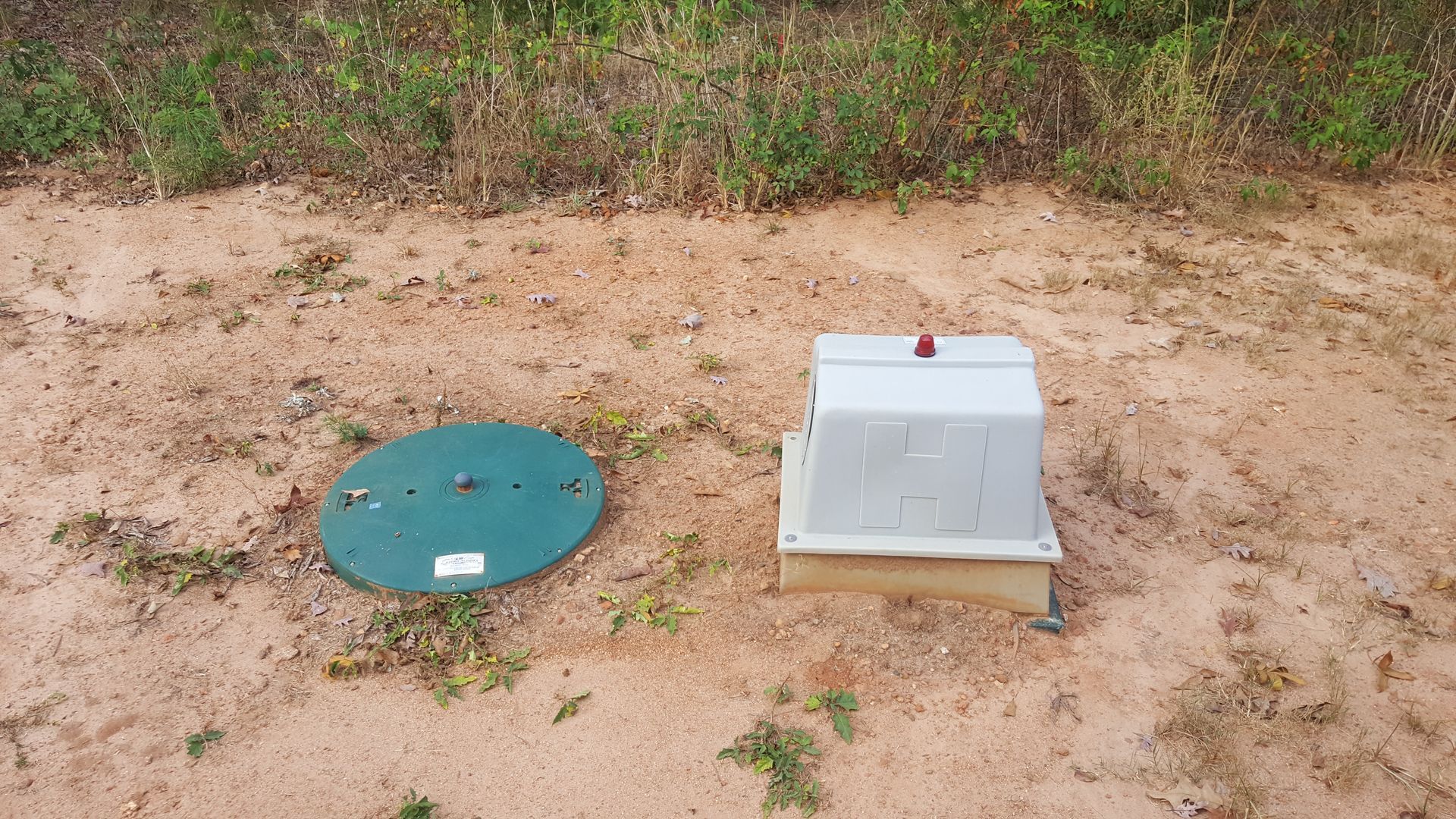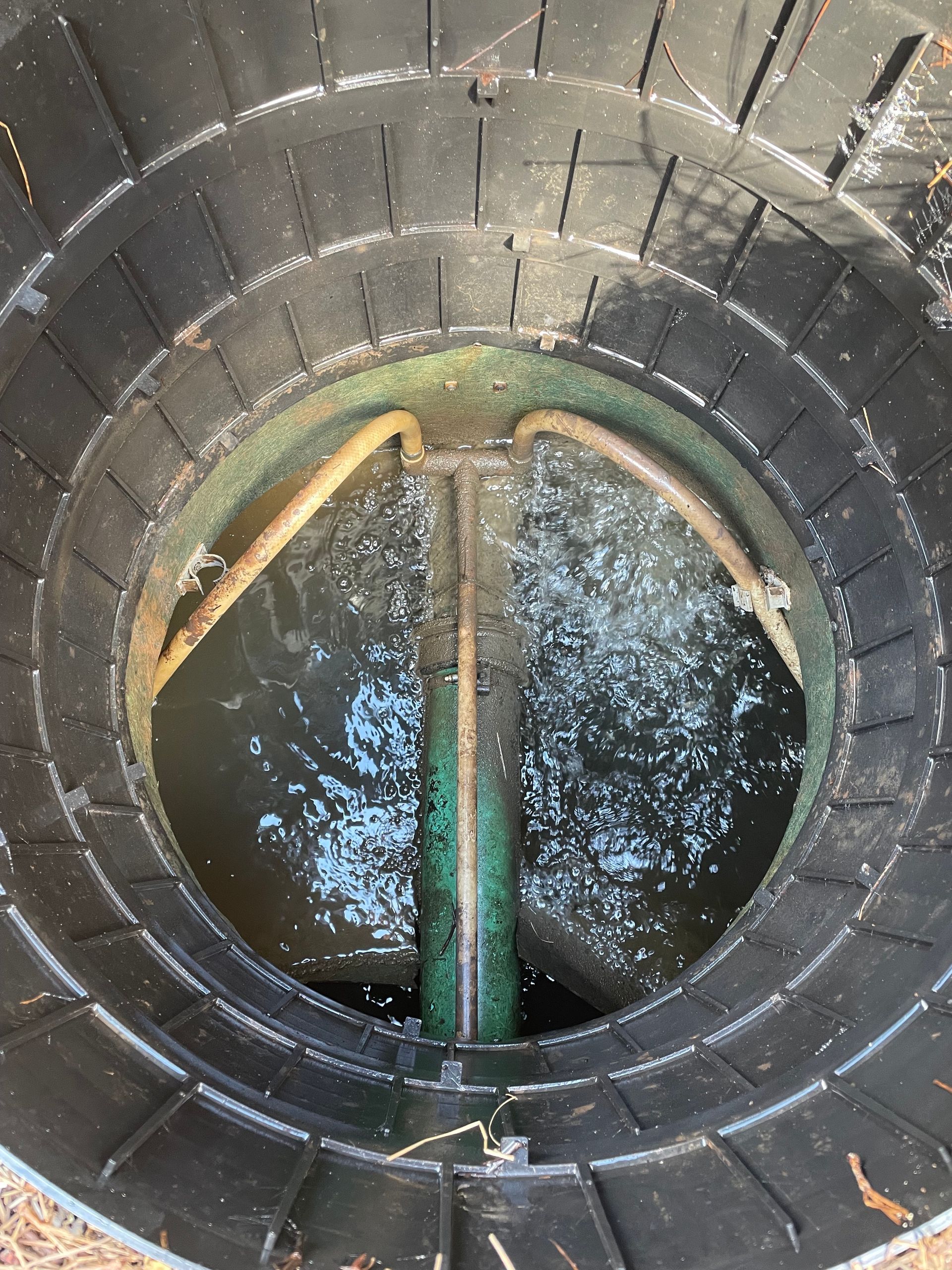Get in touch
404-788-3474
asmseptic@gmail.com
Email Us on: asmseptic@gmail.com
Call or Text: 404-788-3474
Emergency Septic Repairs: How To Handle Winter Septic Mishaps by Alternative Septic Management, Inc.
Winter in Georgia brings various challenges for homeowners with septic systems, often leading to unexpected issues, such as frozen pipes, clogged tanks, and overflowing drain fields. With the colder temperatures and harsh weather conditions, emergency septic repairs become paramount to prevent exacerbating existing issues or causing extensive damage to your property. At Alternative Septic Management, Inc., our team of experienced professionals is dedicated to helping you navigate the complexities of winter septic system emergencies while minimizing disruptions to your home.
In this comprehensive guide, we will explore the necessary steps to take when faced with a winter septic system mishap and how to prepare for and prevent such emergencies in the future. Topics covered include initial steps to take when encountering an emergency, what to expect when working with professionals like Alternative Septic Management, Inc., and additional preventative measures to minimize the likelihood of future issues. Throughout the article, we will share expertise from the Alternative Septic Management, Inc. team, giving you valuable insights and strategies to tackle winter septic system emergencies in Georgia head-on.
Dealing with a septic system emergency during the winter months may seem daunting, but by following the advice and recommendations detailed in this guide, you can significantly reduce the stress and impact of these unexpected events. With the support of the team at Alternative Septic Management, Inc., you can navigate winter septic emergencies with confidence, knowing your system is in the hands of experienced professionals dedicated to preserving the integrity and functionality of your septic system in Georgia.
Initial Steps To Take During a Winter Septic Emergency
When faced with an emergency involving your septic system during winter, taking the right initial steps is crucial to prevent further damage, ensure safety, and enable an efficient resolution.
1. Assess the situation: First, evaluate the problem by looking for visible signs, such as sewage backups, overflowing tanks, or frozen pipes. Document any observations and note potential hazards.
2. Limit water usage: To avoid exacerbating the problem or causing further damage, limit your water usage during an emergency. Turn off all unnecessary water sources and avoid flushing toilets to minimize the strain on your septic system.
3. Contact septic professionals: As soon as you've identified a problem, contact the experts at Alternative Septic Management, Inc. Provide them with your documented observations and seek expert advice on any immediate actions required until they arrive at your property for assistance.
What To Expect When Working With Professional Services
While emergency septic repairs can be challenging, working with experienced professionals can significantly reduce your stress and ensure the best solution for your system. The Alternative Septic Management, Inc. team will support you through such emergencies with the following services:
- Expert assessment: On arrival, our team will thoroughly assess the problem and provide a clear explanation of the issue and the best course of action for repair.
- Rapid response: Time is of the essence in septic system emergencies. Our team is committed to addressing your concern as quickly and efficiently as possible to prevent further damage to your property.
- Long-term solutions: Our goal is to provide immediate relief and long-term, sustainable solutions to prevent further emergencies. By addressing the issue's root cause, we ensure your septic system's health and longevity.
- Follow-up care: Once the emergency has been resolved, our team will provide guidance and recommendations for future maintenance and care to help avoid similar incidences.
Preventative Measures To Minimize Future Emergencies
Taking proactive steps to maintain and care for your septic system can significantly decrease the likelihood of future emergencies. Implementing the following preventative measures can ensure that your septic system functions efficiently throughout the winter months in Georgia:
- Regular maintenance and inspection: Schedule routine maintenance and inspections with the Alternative Septic Management, Inc. team to keep your system functioning at optimal levels and identify potential issues early on.
- Proper waste disposal: Dispose of waste responsibly, avoiding flushing non-biodegradable materials or pouring grease and oils down the drain. Encourage proper waste disposal practices among household members to prevent clogs and backups.
- Winterize your septic system: Before the onset of the colder months, winterize your septic system by insulating pipes, draining outdoor hoses, and ensuring that your septic tank is in good condition. Consult with Alternative Septic Management, Inc. experts for personalized guidance on winterizing your system.
- Monitor water usage: Be mindful of your water usage, as excessive water use can strain your septic system and lead to emergencies. Repair any leaks promptly and space out water-intensive activities like laundry and dishwashing.
- Educate household members: Ensure that all members of your household understand the importance of septic system care and know the best practices to prevent septic emergencies.
Emergency Repairs and Insurance Coverage
When dealing with emergency septic system repairs, it's essential to understand your insurance coverage. Homeowners' insurance policies vary, and some may provide coverage for septic system emergencies, while others may exclude these issues. It's crucial to review your policy and consult with your insurance agent to determine the extent of your coverage when faced with an emergency repair situation.
Alternative Septic Management, Inc. can work with your insurance company to provide accurate documentation and professional assessments required for any claims. Collaborating closely with our team can streamline the process and ease the burden of managing emergency repairs and insurance claims.
Conclusion
Facing a winter septic system emergency in Georgia can be challenging, but with the help of Alternative Septic Management, Inc., you can address these issues effectively and mitigate any potential damage. By understanding the steps to take during an emergency, working with experienced professionals, and implementing preventative measures, you can ensure your septic system's proper care and maintenance throughout the colder months.
Trust Alternative Septic Management, Inc. for expert advice, guidance, and professional services during septic emergencies and ongoing maintenance. Together, we can ensure the health and resilience of your
septic system, reducing the risk of future emergencies and protecting your property year-round. Contact us today at 404-788-3474 for all your septic system needs in Monroe and throughout Georgia.
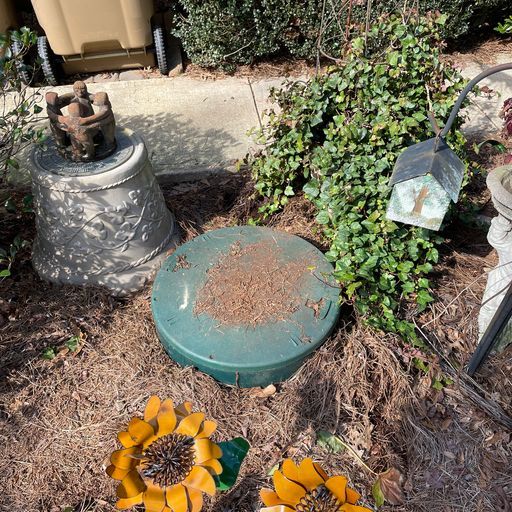
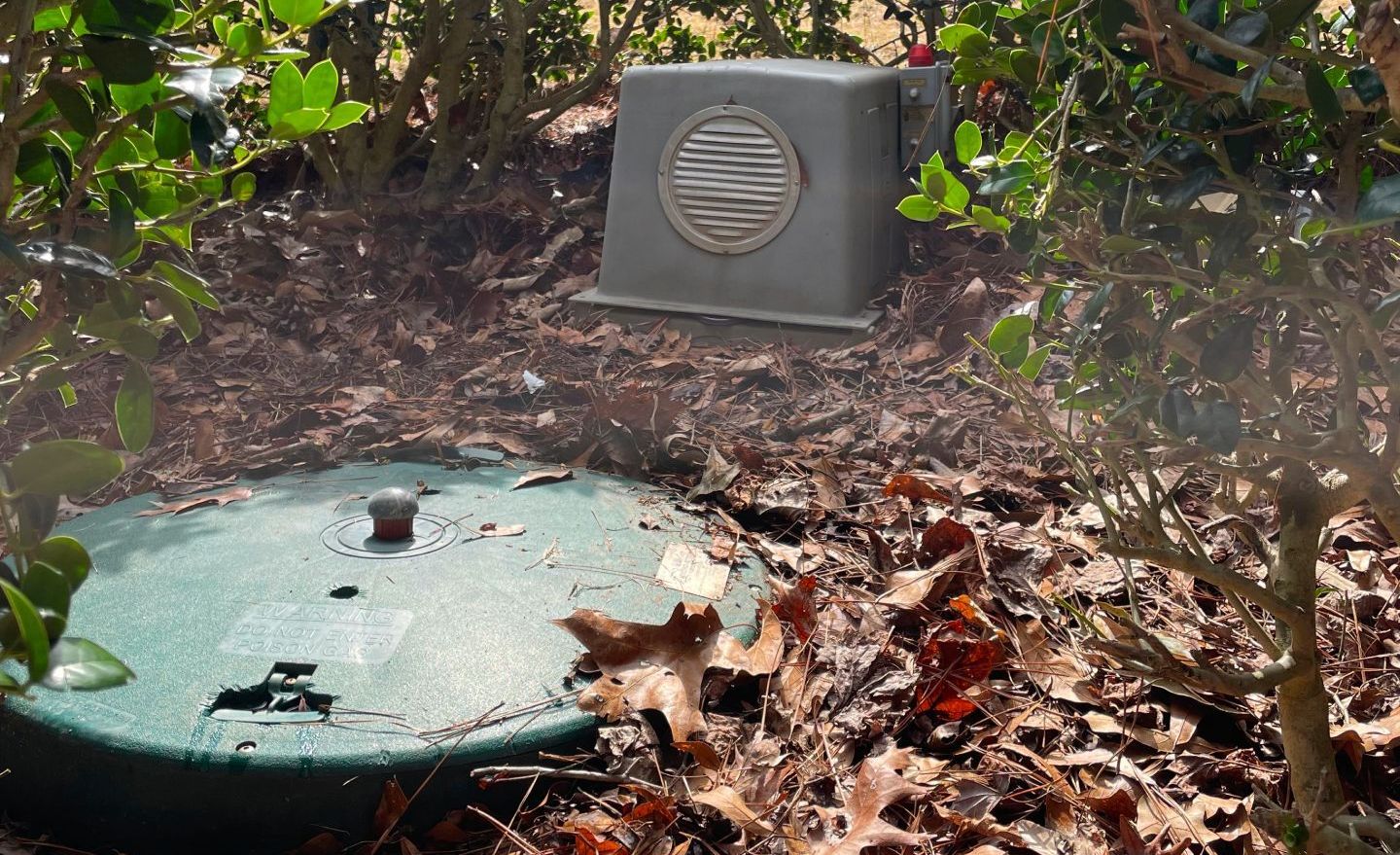
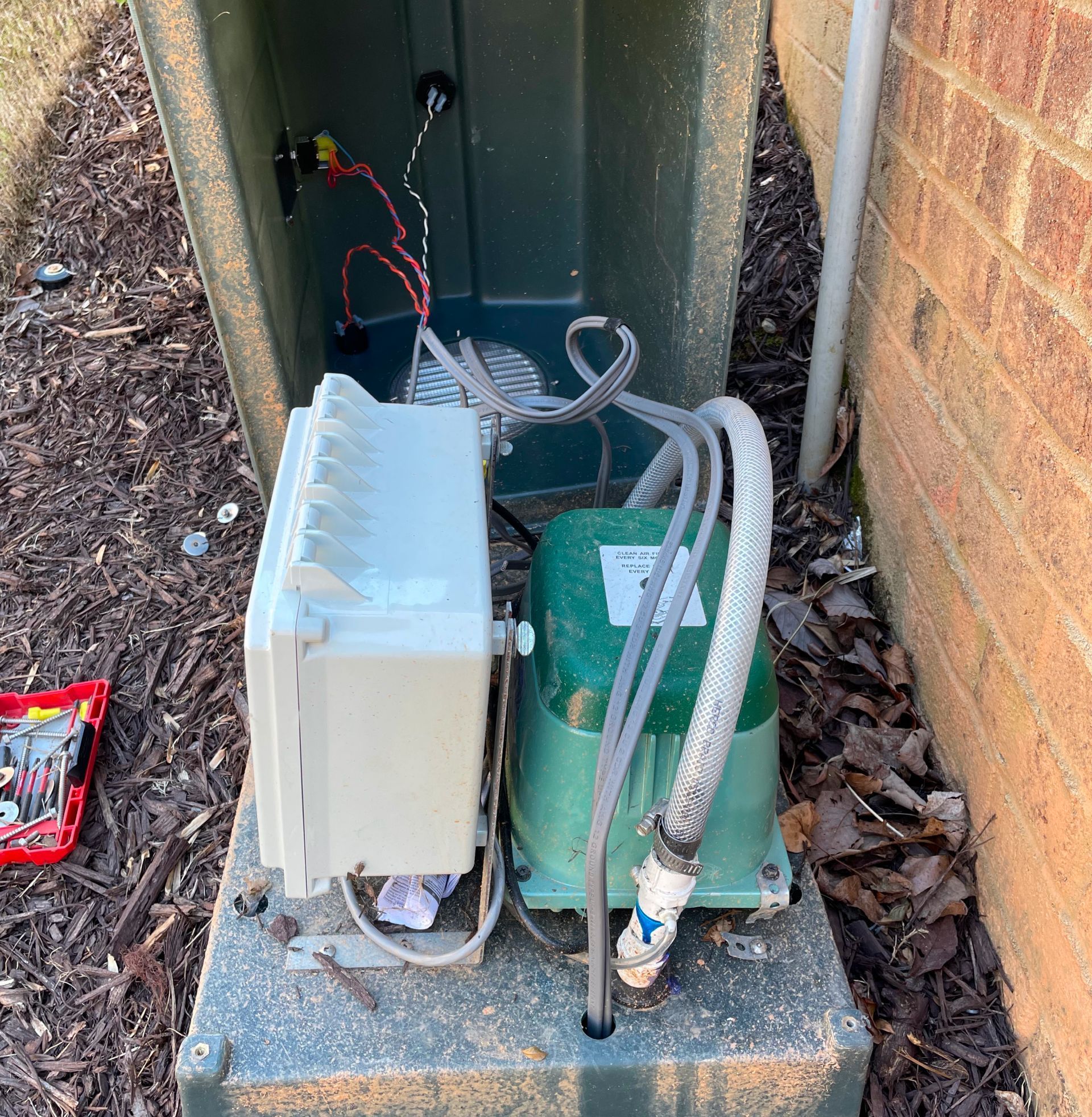

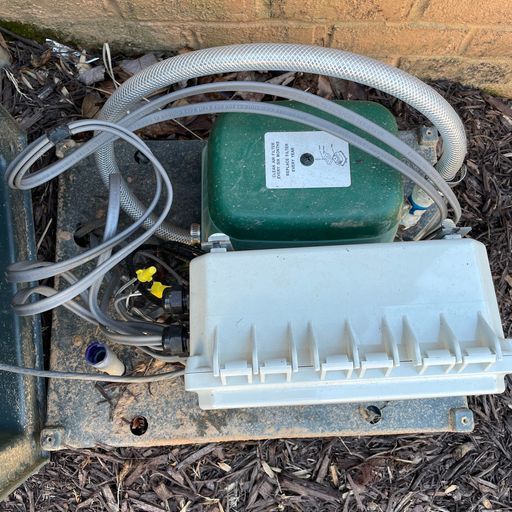
Alternative Septic Services For Residential And Commercial Systems Requiring Alternative Septic Systems.
Quick Links
Our Services
Septic Installation
Septic Repair
Septic Inspection
Air Compressor Maintenance
Pump Maintenance
Get In Touch
Mobile: 404-788-3474
Email: asmseptic@gmail.com
Address: 3295 Fannie Thompson Rd. Monroe GA 30656
Copyright 2025 © All Rights Reserved. Alternative Septic Management, Inc.

